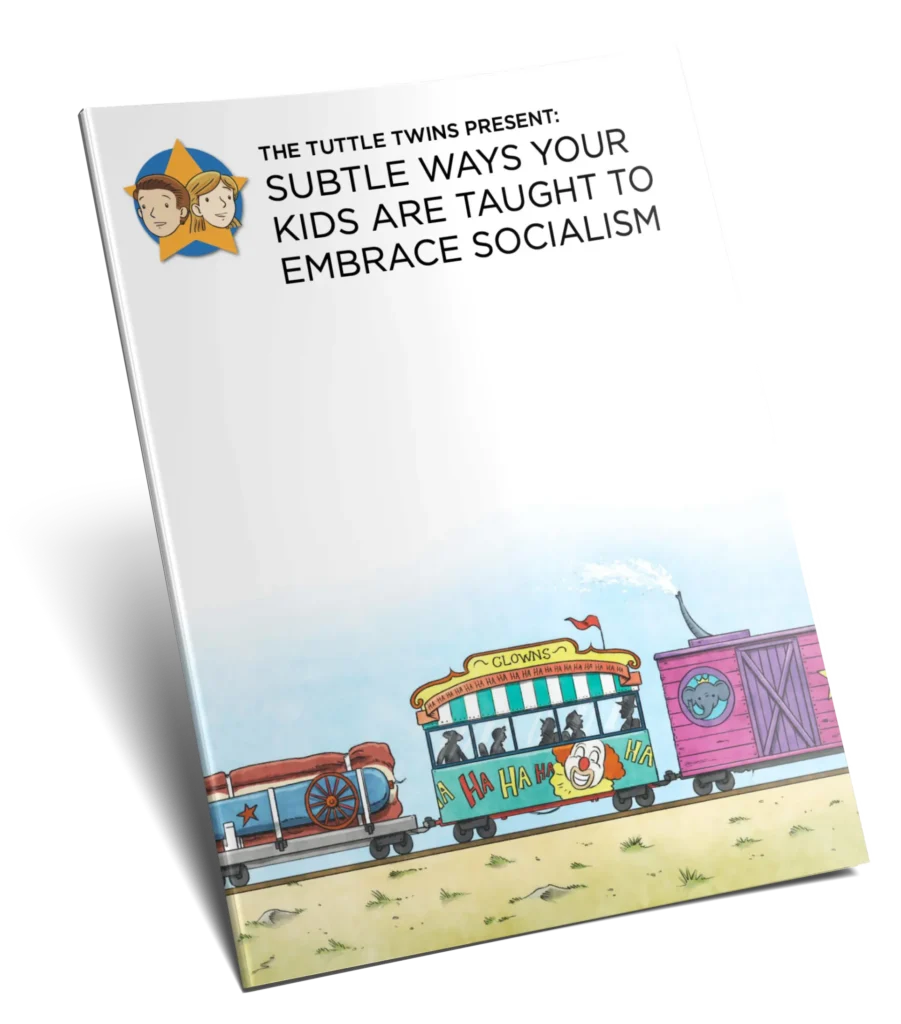
Reflecting on the Past: An Era of Simplicity
The Current Reality: A Shift in Power 
Today, the power dynamics have changed, with public school boards and teacher unions exerting significant control over the education of children. In some instances, parents are viewed as a hindrance and treated as such. Schools believe they have an unwavering hold over your child’s education once they step through the doors. However, the curriculum has become increasingly controversial, touching on topics such as Critical Race Theory, pronoun usage, and gender issues – subjects that should be left to the discretion of parents. Parents are often relegated to a secondary role, with little to no involvement in the classroom.
The Struggle for Influence
One notable example of the power struggle between schools and parents was the implementation of Common Core. Despite evidence of its ineffectiveness, proponents insisted that more time was required to see results. Parents were unwilling to compromise their children’s education, however. The recent vaccine and mask mandates in schools are another example of the overreach of public schools. Parents had to fight to restore normalcy in their children’s education. Today, parents are pushing back against schools teaching sensitive topics like gender identity and Drag Queen reading hours to young children, demanding greater transparency in the curriculum so they can be aware of what their children are learning.
Sure, teachers have the right to voice their opinions in the classroom, as long as it is within a politically and morally acceptable framework. It is essential that schools return to the roots of education and refrain from indoctrination. Parents hold the right to impart their values, morals, and beliefs to their children. Parental involvement helps insure kids are growing up with the education they need, and the morals and values that represent are representative of their family and their culture.
The Importance of Involvement
Parents are their children’s first and most important teachers, and their involvement in the education process is essential. By staying informed about the curriculum, attending parent-teacher conferences, and volunteering at schools, parents can ensure that their child is receiving a well-rounded education that aligns with their values. In addition, parents can support their child’s learning by reading with them, encouraging extracurricular activities, and setting high educational expectations.
Working with teachers and schools is key to ensuring a successful education experience for children. Teachers and parents can work together to support the child’s learning and development. By fostering a positive and productive relationship, parents can advocate for their child’s education and work with teachers to address any challenges. Teachers can also benefit from parent involvement, as they gain valuable insight into the child’s learning style, family background, and cultural values.
Navigating the Modern Education Landscape 
The education landscape is rapidly changing, and parents must stay informed to effectively navigate it. With the rise of technology and online learning, it is important for parents to be informed about the different educational options available, from public and private schools to home schooling and online education. By exploring all options and weighing the pros and cons, parents can choose the education path that is best for their child.
Many parents believe that public schools have assumed too much power over the education of children, sidelining the role of parents. But, they are making their presence felt—pushing for change and restoring balance in the education system. Parents are stepping up and demanding that schools focus on providing basic education and stop the indoctrination of children. They are reminding the school system that teaching their kids is a privilege, and if they aren’t happy with what is happening within the classroom, they have options and they will take their business elsewhere—or fight to bring about the changes they want to see.
The Tuttle Twins books, curriculum, and parent guides are used by parents from all walks of life to help supplement their child’s education with the important values and principles that aren’t taught in schools anymore.
Check them out, and see how they can help your family!

